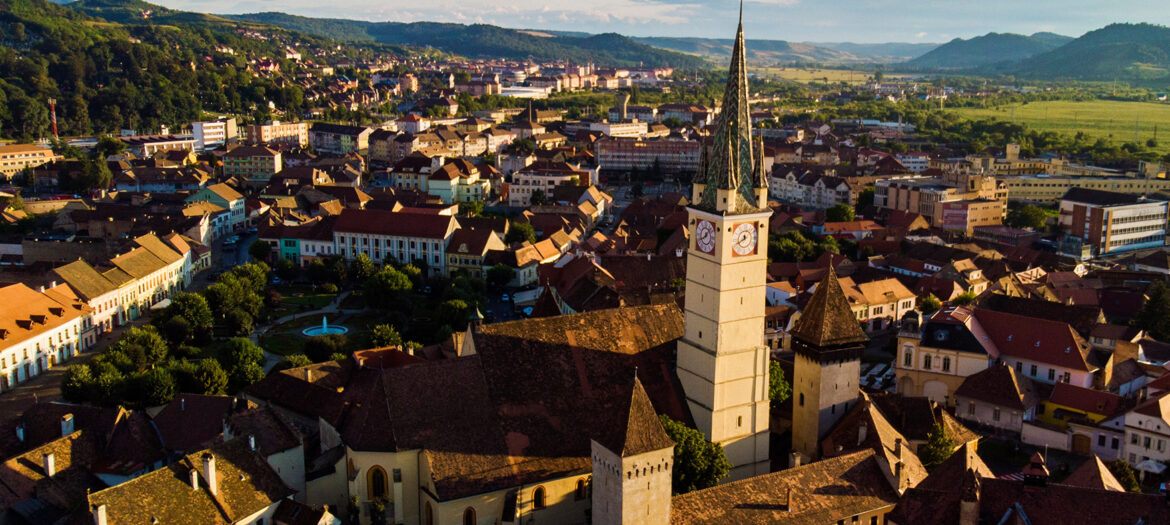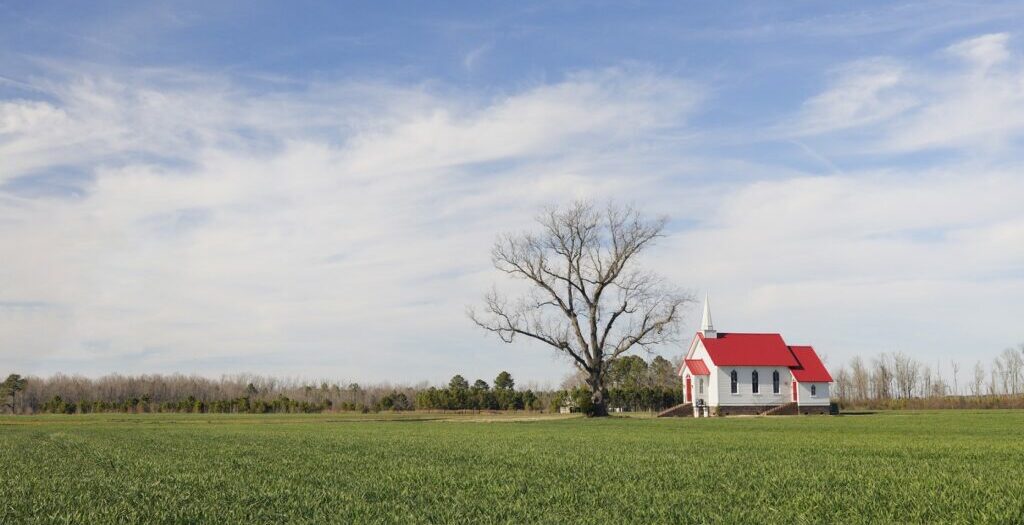The wider and narrow sense of “the Church”
We believe, teach and confess … “that the Church is the congregation of saints [Psalm 149:1] in which the Gospel is purely taught and the Sacraments are correctly administered. For the true unity of the Church it is enough to agree about the doctrine of the Gospel and the administration of the Sacraments. (Augsburg Confession VII.1-2)
Christ also loved the Church, and gave Himself for it, that He might sanctify and cleanse it with the washing of water by the Word, that He might present it to Himself a glorious Church, not having spot, or wrinkle, or any such thing, but that it should be holy and without blemish [Eph 5:25-27].
In the Augsburg Confession Article VII, this sentence written by Paul has been unfolded. [1]Thus also the Church is defined by the article in the Apostles’ Creed which teaches us to believe that there is a holy Catholic[2] Church. 8] The wicked are not a holy Church. And that which follows, namely, the communion of saints, seems to be added in order to explain what the Church signifies, namely, the congregation of saints, who have with each other the fellowship of the same Gospel or doctrine (who confess one Gospel, have the same knowledge of Christ) and of the same Holy Spirit, who renews, sanctifies, and governs their hearts.
9] And this article has been presented for a necessary reason. The article of the Church Catholic or Universal, which is gathered together from every nation under the sun, is very comforting and highly necessary. We see the infinite dangers which threaten the destruction of the Church. In the Church itself, infinite is the multitude of the wicked who oppress it. For this reason, the true teaching and the Church are often so utterly suppressed and disappear as if there were no Church, which has happened under the papacy; it often seems that the Church has completely perished. Therefore, in order that we may not despair, but may know that the Church will nevertheless remain (until the end of the world), likewise that we may know that, however great the multitude of the wicked is, yet the Church, Christ’s bride, exists. Christ affords those gifts which He has promised to the Church, to forgive sins, to hear prayer, to give the Holy Spirit. 10] It says Church catholic, in order that we may not understand the Church to be an outward government of certain nations that the Church is like any other external polity, bound to this or that land, kingdom, or nation, but rather men scattered throughout the whole world, who agree concerning the Gospel, and have the same Christ, the same Holy Spirit, and the same Sacraments, whether they have the same 11] or different human traditions. The explanation upon the Decrees says that the Church in its wide sense embraces good and evil; likewise, that the wicked are in the Church only in name, not in fact; but that the good is in the Church both in fact and in name. And to this effect, there are many passages in the Church Fathers. For Jerome says: The sinner, therefore, who has been soiled with any blotch cannot be called a member of the Church of Christ, neither can he be said to be subject to Christ.
12] Although, therefore, hypocrites and wicked men are members of this true Church according to outward rites (titles and offices), yet when the Church is defined, it is necessary to define that which is the living body of Christ, and which is in name and in fact the Church, which is called the body of Christ, and has fellowship not alone in outward signs, but has gifts in the heart, namely, the Holy Spirit and faith. 13] And for this, there are many reasons. For it is necessary to understand what it is that mainly makes us members, – living members- of the Church. If we will define the Church only as an outward political order of the good and wicked, men will not understand that the kingdom of Christ is the righteousness of the heart and the gift of the Holy Spirit [Rom 14:17], that the kingdom of Christ is spiritual, and that therein Christ inwardly rules, strengthens, and comforts hearts, and imparts the Holy Spirit and various spiritual gifts. People will judge that the Church is only the outward observance of certain forms of worship and rites. 14] Likewise, what difference will there be between the people of the Law and the Church if the Church is an outward political order? But Paul distinguishes the Church from the people of the Law (Israel) in this way, that the Church is a spiritual people, i.e., that it has been distinguished from the heathen not by civil rites, but that it is the true people of God, regenerated by the Holy Spirit. Among the people of the Law, apart from the promise of Christ, also the carnal seed- all those who by nature were born Jews and Abraham’s seed- had promises concerning corporeal things, of government, etc. And because of these, even the wicked among them were called the people of God because God had separated this carnal seed from other nations by certain outward ordinances and promises; and yet, 15] these wicked persons did not please God. But the Gospel (which is preached in the Church) brings not merely the shadow of eternal things, but the eternal things themselves, the Holy Spirit and righteousness, by which we are righteous before God. (But every true Christian is even here upon earth partaker of eternal blessings, even of eternal comfort, of eternal life, and of the Holy Spirit, and of righteousness which is from God, until he will be completely saved in the world to come.)
16] Therefore, only those are the people, according to the Gospel, who receive this promise of the Spirit. Besides, the Church is the kingdom of Christ, distinguished from the kingdom of the devil. It is certain, however, that the wicked are in the power of the devil, and members of the kingdom of the devil, as Paul teaches, [Eph. 2:2] when he says that the devil is now at work in the children of disobedience. And Christ says to the Pharisees, who certainly had outward fellowship with the Church, i.e., with the saints among the people of the Law (for they held office, sacrificed, and taught): “You are of your father, the devil” [John 8:44]. Therefore, the Church, which is truly the kingdom of Christ, is properly the congregation of saints. For the wicked are ruled by the devil, and are captives of the devil; they are not ruled by the Spirit of Christ.
[1] BOC, www.bookofconcord.org., Apology, VII &VIII, 7-16. Note: This passage has been edited, slightly, to enhance the readability and to fit the structure of the website page.
[2] Catholic: according to the whole, which means here the universal Christian Church.


